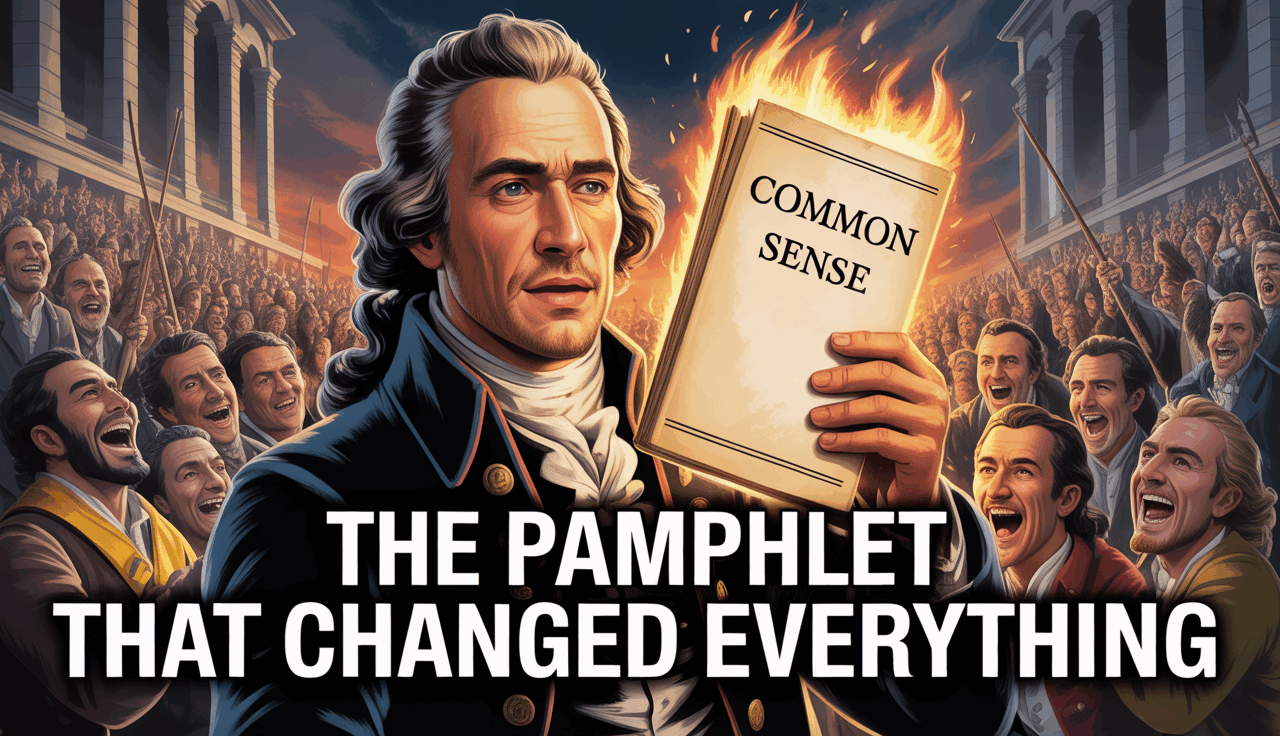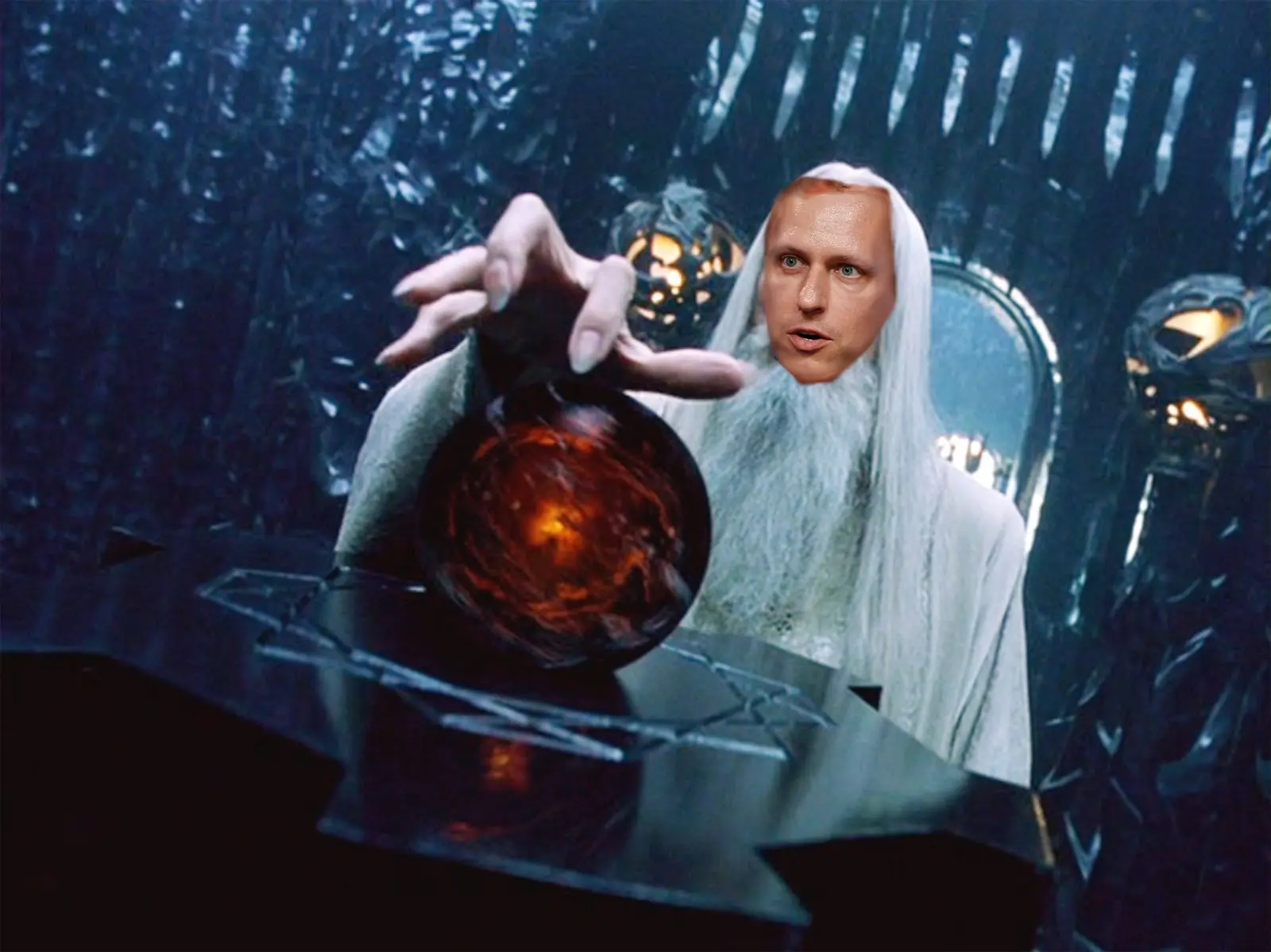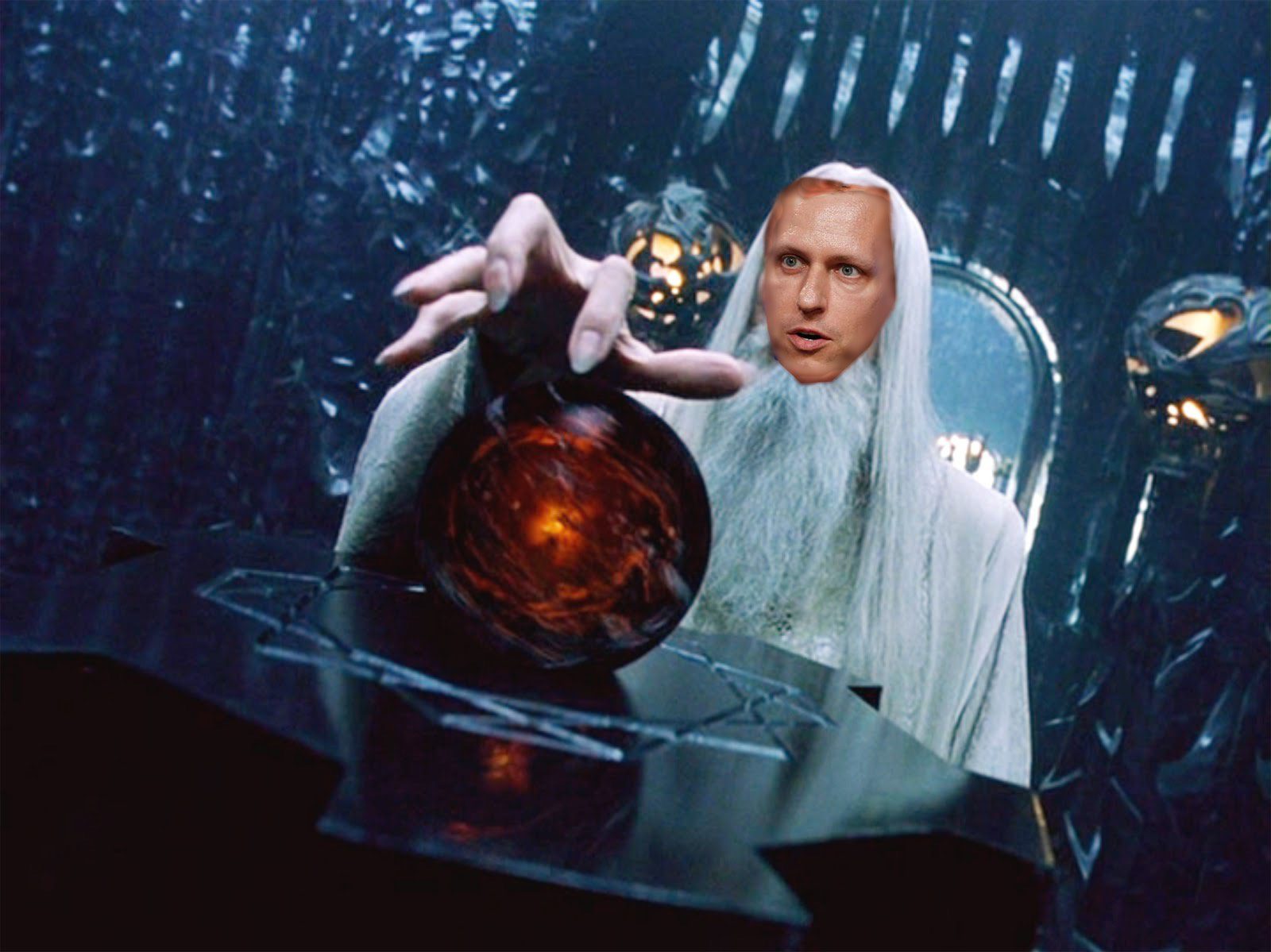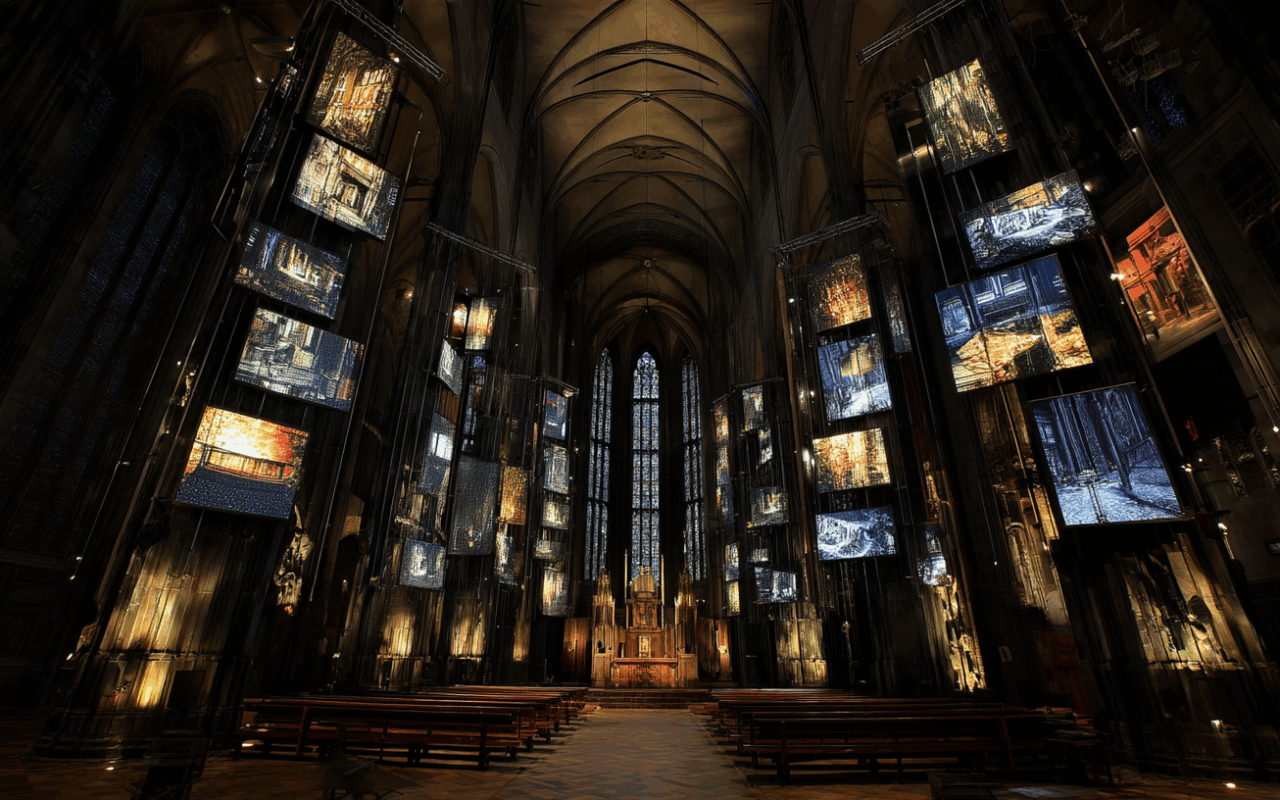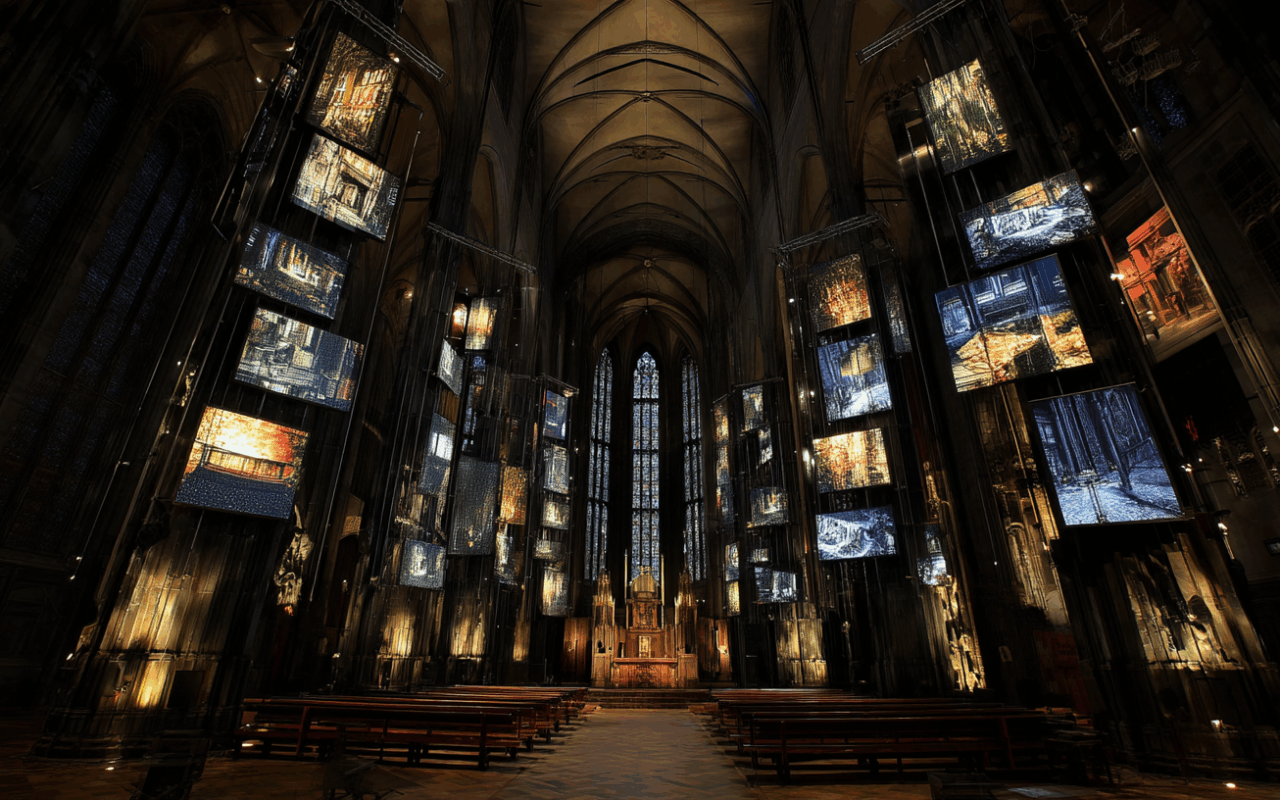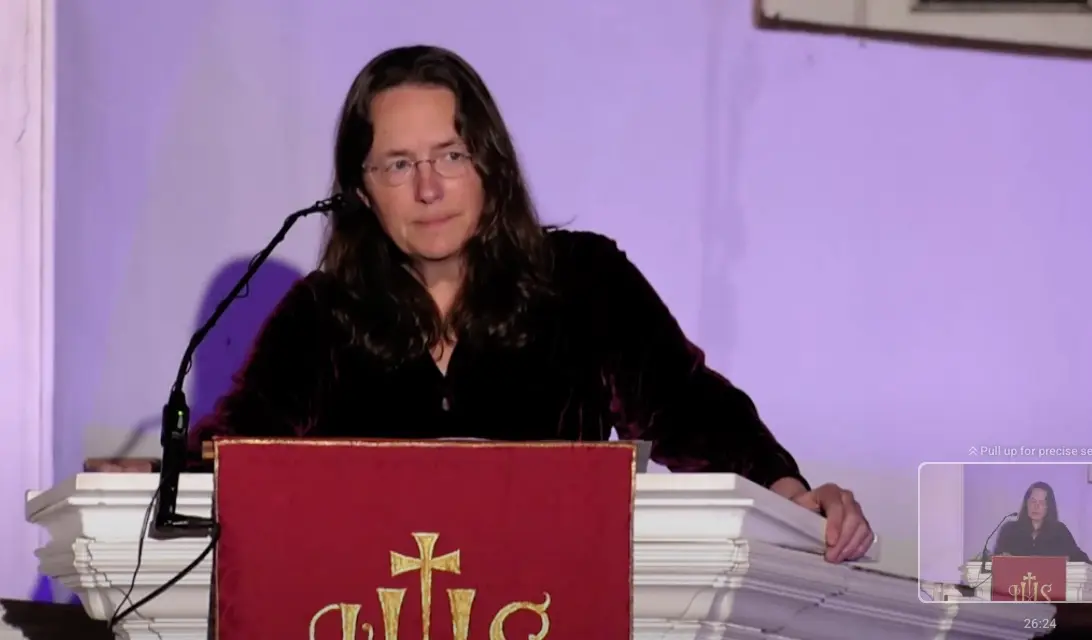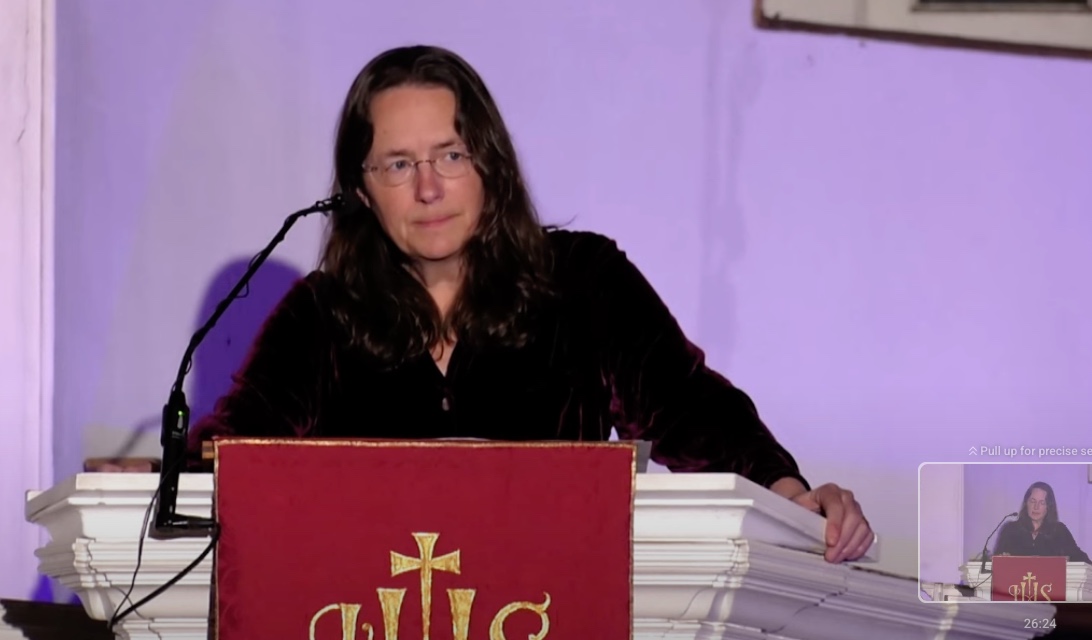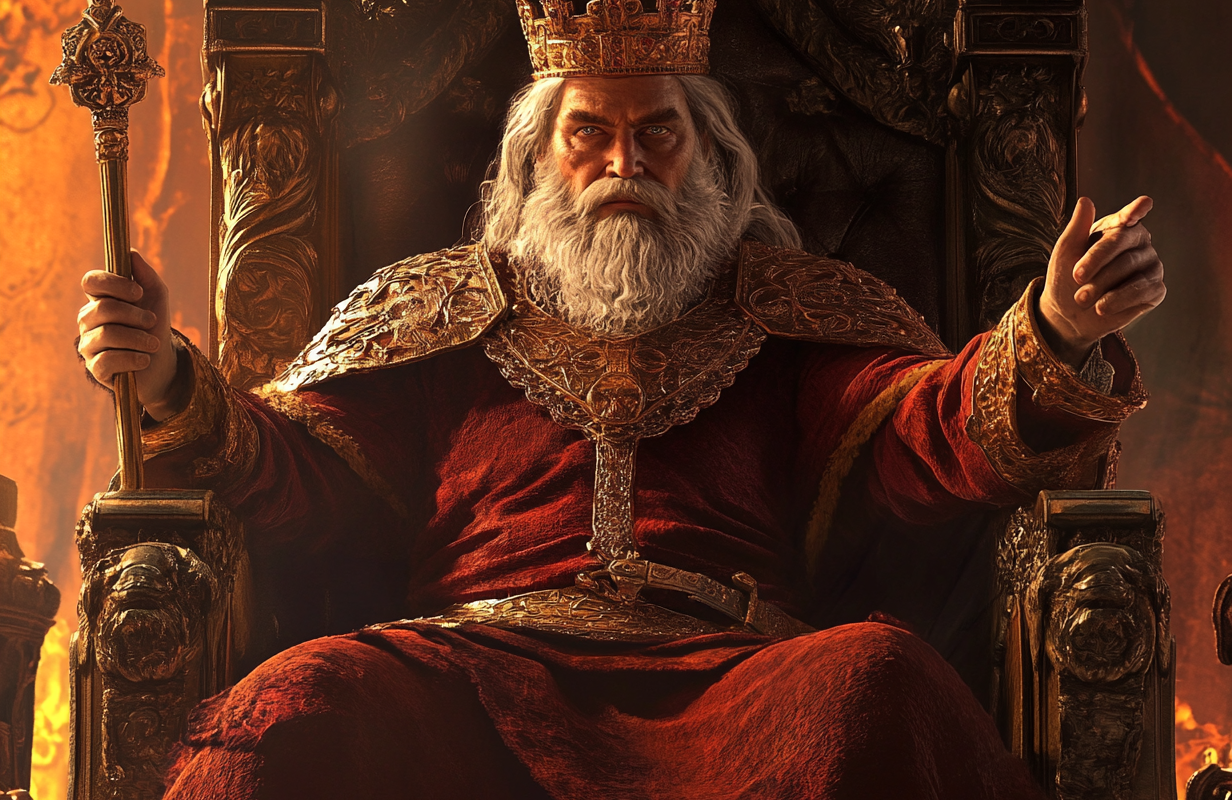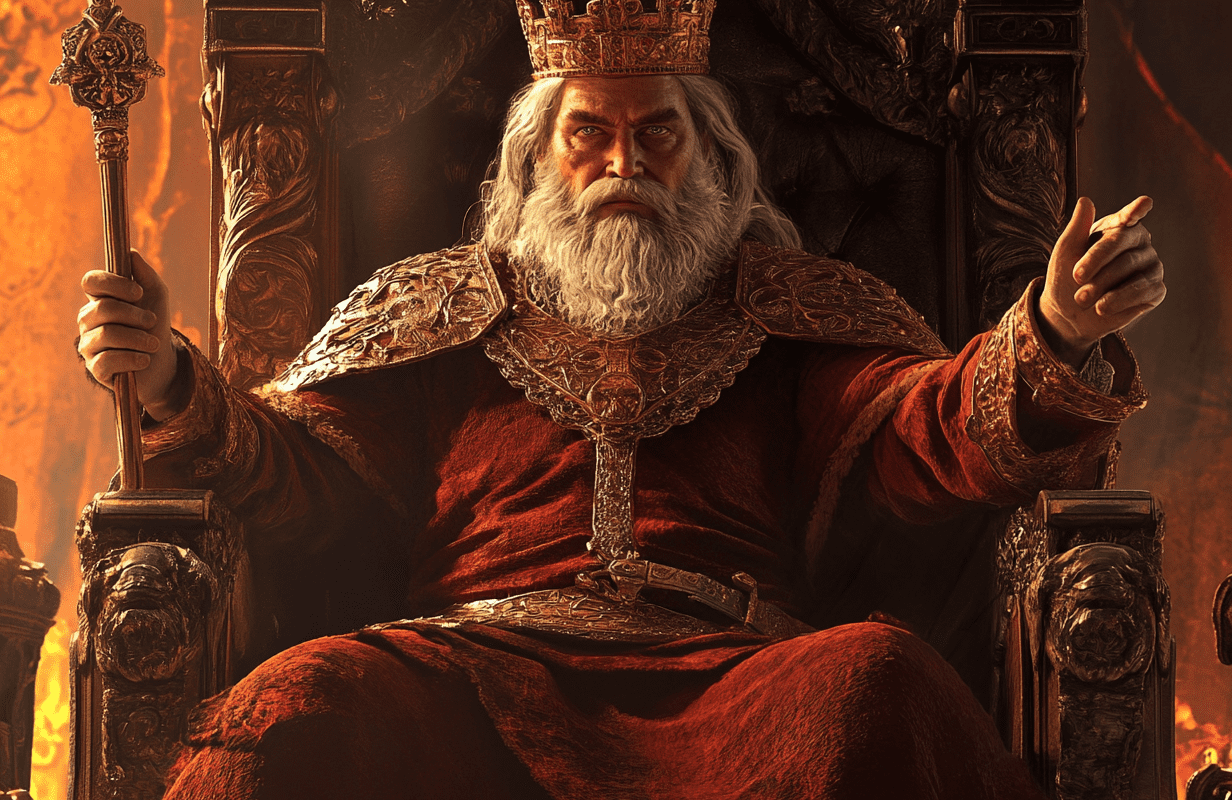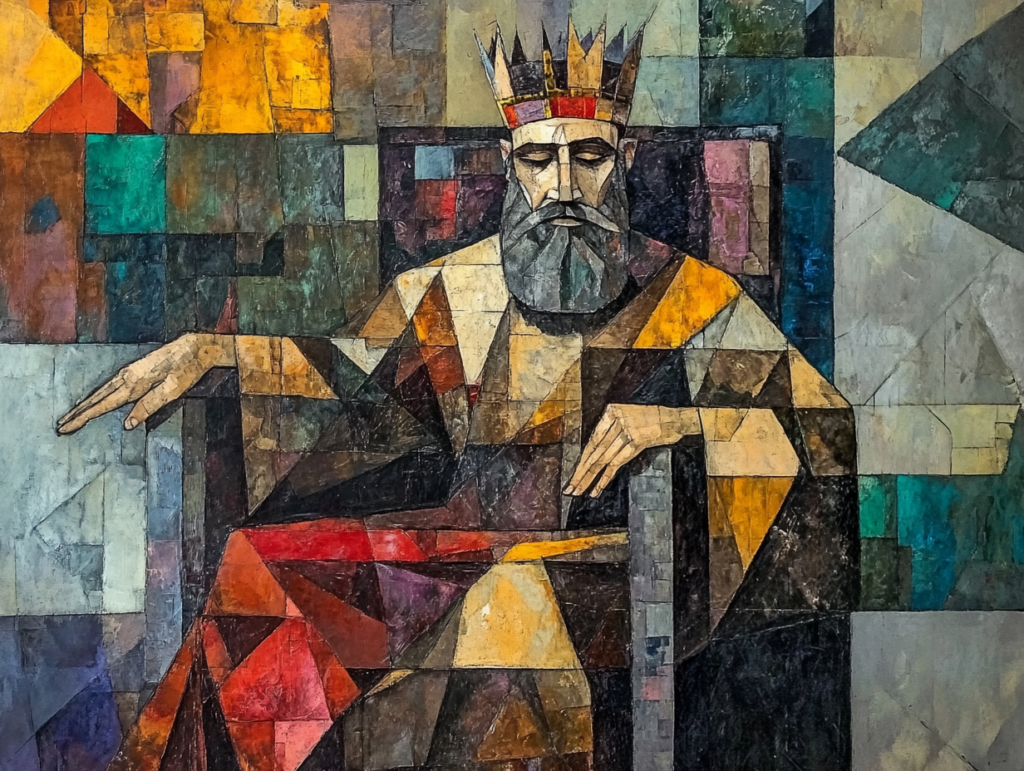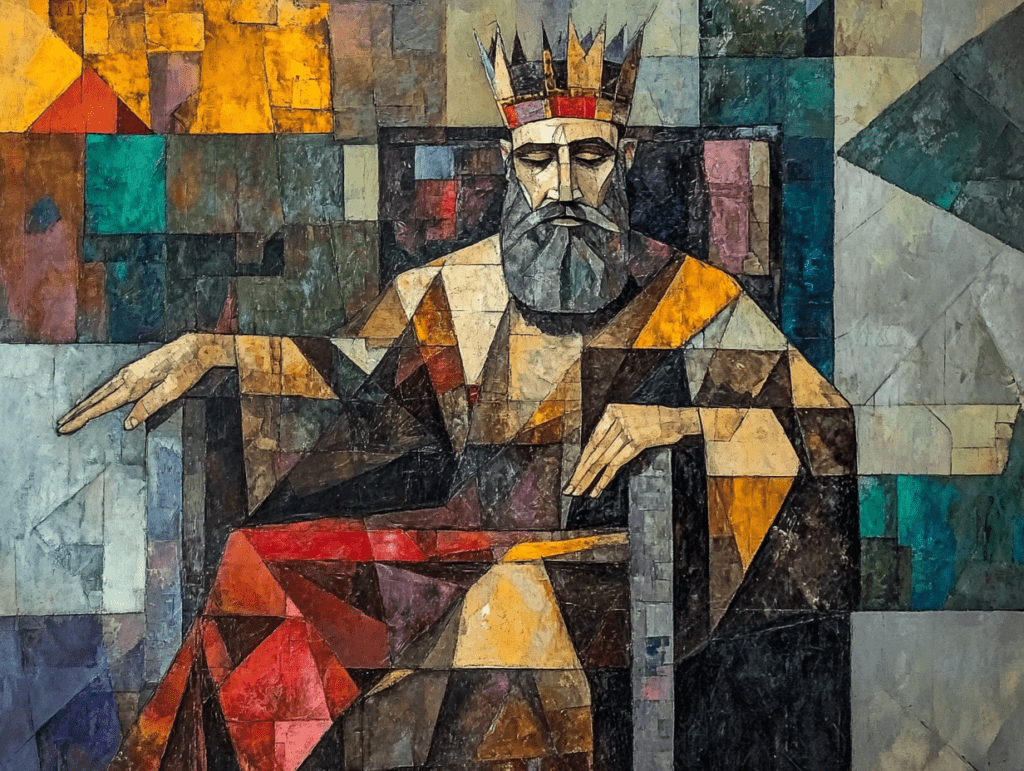Common Sense Review: The Original Viral Manifesto and What It Teaches Us About Revolutionary Rhetoric
A reading guide for the disinformation age
There’s a certain type of political document that doesn’t just argue for change—it manifests the psychological conditions that make change feel inevitable. Thomas Paine’s Common Sense is the template for this genre, and if you’re trying to understand how populist movements gain momentum, how institutional legitimacy crumbles, or how a pamphlet can reshape a nation’s self-concept in under 50 pages, you need to study this text like it’s a masterclass in persuasion engineering. And we’ll help you do just that in this Common Sense Book Review.
Published in January 1776, Common Sense sold an estimated 500,000 copies in a population of 2.5 million. Do the math: that’s a 20% penetration rate in an era when literacy wasn’t universal and distribution meant physical printing presses. In modern terms, Paine achieved what every content creator dreams of—he didn’t just go viral, he became the conversation.
But Paine wasn’t writing for the Continental Congress or the educated elite debating in Philadelphia drawing rooms. He was popularizing revolutionary ideas among ordinary colonists—farmers, tradesmen, shopkeepers—transforming an elite political dispute into a mass movement. This wasn’t theory; it was a manual for collective action that an entire society could rally behind.
The Structural Genius: Four Pillars, One Conclusion
Paine’s architecture is deceptively simple:
- Government vs. Society – Establishes the mental model that government is inherently suspect
- Monarchy is Absurd – Demolishes hereditary succession through both scripture and reason
- The Case for Independence – Makes reconciliation seem more radical than revolution
- America’s Material Capability – Provides the practical roadmap
He doesn’t start with independence — he starts by reframing how you think about authority itself. By the time you reach his actual policy proposal, your conceptual framework has been rebuilt from the foundation up. This is first-principles argumentation at its finest.
And the foundation he’s building? It’s the core democratic principle that the law should rule, not hereditary dynasties. Not kings, not aristocrats, not whoever was born into the right family. Paine is arguing for a system where the law governs consenting people who agree to the terms of mutual self-governance—even when they disagree on specific policies. This is the actual American political tradition, and reading Common Sense is the perfect antidote to the current disinformation campaign claiming “the US is a republic, not a democracy!” Paine clearly articulates what the public sentiment actually was at the founding: a forceful rejection of monarchy and inherited power.
Before we dive deeper into the specifics, here’s a video overview:
Mental Model: The Overton Window as Battering Ram
What Paine understood—and what every effective propagandist since has internalized—is that you don’t persuade people by meeting them where they are. You move the window of acceptable discourse so dramatically that your previously extreme position becomes the moderate compromise.
In 1776, most colonists still considered themselves British subjects seeking redress of grievances. Independence wasn’t just radical—it was treasonous. Paine’s innovation was to make continued loyalty to Britain seem like the radical position:
“As well can the lover forgive the ravisher of his mistress, as the continent forgive the murders of Britain.”
Continue reading Common Sense Review
